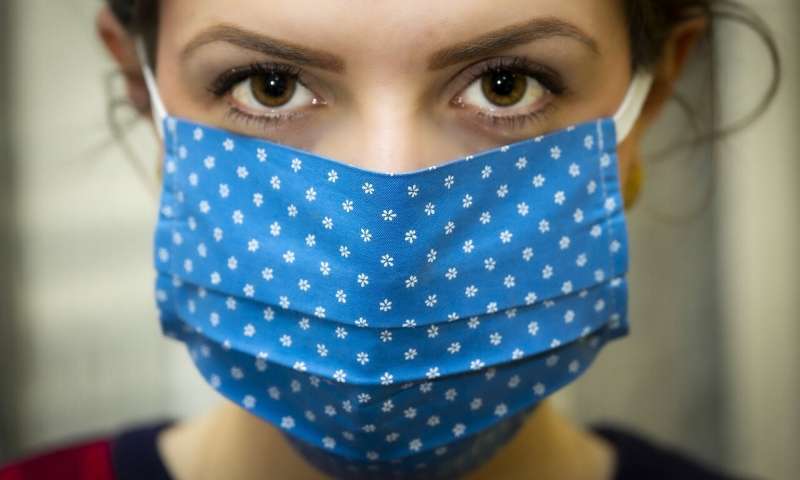A Canadian government advisory panel on Monday recommended the use of the Johnson & Johnson vaccine for people aged 30 years and over, despite blood clotting fears.
Health Canada in March authorized the jab’s use for all adults, but doses have yet to be administered, and authorities are still holding back the first shipment of 300,000 doses over possible quality issues.
Shelley Deeks of the National Advisory Committee on Immunization (NACI) said the Johnson & Johnson vaccine has proven to be “highly effective” in preventing severe COVID infections and hospitalizations.
But she acknowledged there have been cases of blood clotting associated with it, citing 17 cases in the more than eight million jabs administered in the United States.
“The mRNA vaccines (such as Pfizer/BioNTech and Moderna) are the preferred vaccine,” Deeks told a news conference. “The viral vector vaccines (J&J, AstraZeneca) are very effective vaccines, but there is a safety risk.”
“Although it’s very rare, it is very serious,” she said. “And so individuals need to have an informed choice to be vaccinated with the first vaccine that’s available or to wait for an mRNA vaccine.”
According to an AFP tally, the Johnson & Johnson vaccine is being used in 17 countries, including France, South Africa, the United States, Spain, Germany and Poland.
Earlier, Denmark announced it was barring the shot from its COVID inoculation drive because of “a possible link between rare but severe cases of blood clots” and the drug.
Canada has ordered 10 million doses of the Johnson & Johnson vaccine and taken options for an additional 28 million.
But on Friday, it announced it was holding the first batch of 300,000 jabs received for further quality assurance checks, after learning that an ingredient had been sourced from a Baltimore, Maryland facility, run by Emergent BioSolutions, that was flagged by the FDA.
The US drug agency suspended production at the plant last month pending an inspection after quality issues were discovered.


